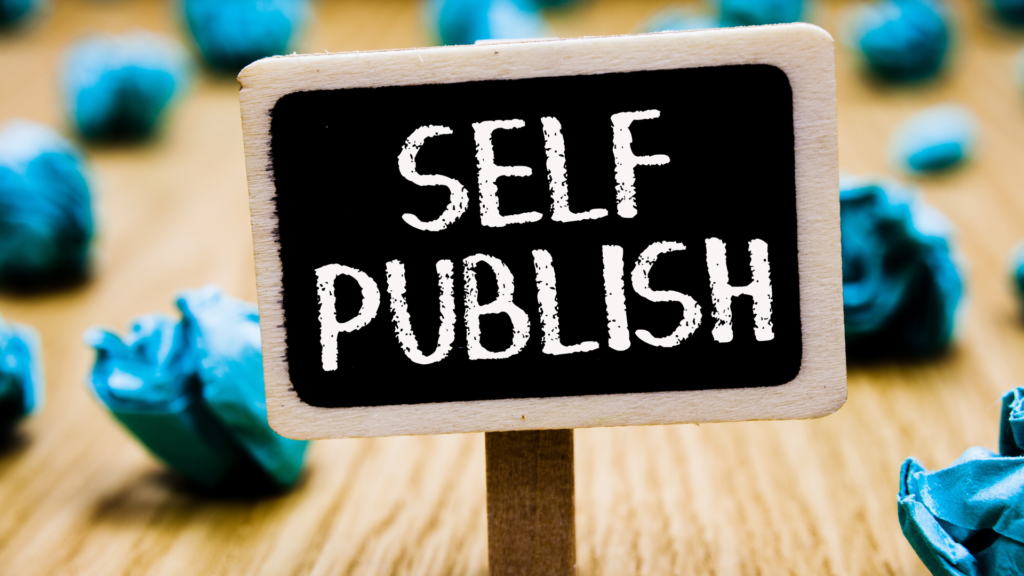Self publishing is a great way to make money and get your work out to the world without the need for a big publisher. As a writer and an expert in the industry, I know the benefits and pitfalls of self publishing. Self-publishing a book is a subjective topic, and not everyone will agree on why it’s a good idea or not. This is where blogging comes in – it’s a perfect forum for people to discuss their reasons for wanting to self-publish. And here are the pros and cons of self publishing:
Pros
- You have the creative control
It’s ironic, but self-publishing can actually be a good thing. The traditional publishing world is full of gatekeepers who will have opinions on the content, book cover, and even the title of your book. Indie publishing allows you to have complete control over your new books. Self-publishing route can be an appealing option for people who want total autonomy in their writing career.
Self-publishing has become a popular choice for authors in recent years; over the last 3 years, the number of e-book sales has grown by a whopping 70%. Authors no longer have to rely on a major publisher to get their book published and instead have full control of their own publications. If you have a book idea, you can create a professional-looking book cover, edit and proofread your work, and sell your e-book on Amazon or Barnes & Noble, or any of the other popular e-book sites.
- You will have the higher royalty rates
There are folks who argue that you should only self-publish when you have written multiple books, but they are wrong. The simple truth is that writing a book is a hell of a lot easier than promoting it. You don’t have to pay for a publicist, you don’t need to deal with a publishing company’s requirements, and you don’t have to worry about whether or not you’re doing a good job. One of the biggest mistakes new writers make is not realizing that publishing a book can be financially rewarding and can be done at a reasonable cost. Publishing a book may seem expensive, but the truth is that it actually costs money to publish a book. In order to publish a book, you need to buy the rights to publish a book, pay a publisher to edit, design, and print the book, hire a marketing team, and of course, sell the book.
Cons
- It may have less visibility
Let’s start with the cons. Your book is not going to sell as many copies as it would have if a traditional publishing house published it. While this is not necessarily a bad thing, you’ll have to work to promote your book and get it discovered by readers. Also, since the book is self-published, you’ll have limited access to some of the traditional publishers’ resources, such as marketing services and editorial guidance. If you’ve written a book on a niche subject, it may not be as accessible to readers as a book written by a known author.
The dream for many authors is to become a bestseller in every household. In order to publish your own book, you need to be a published author, and this will take time. There are many ways to get a traditional publishing contract, but some authors decide to self-publish and bypass the traditional publishing route. There are many reasons why self-publishing can be a better option than traditional publishing, but it protects you from the risk of the traditional publishing industry going bust.
- It may have a higher cost
Self-Published Book Is A Business. You are responsible for the business of publishing your book. That means you need to promote your book. You need to order ISBNs and handle the logistics. You need to market your book. That can be a lot of work. So much work that some authors decide they are better off finding a publisher than publishing it themselves.
While there are many benefits to self-publishing, there are also many misconceptions. For example, many people believe that self-publishing means self-publishing at a loss or free when it comes to the cost of all the services involved in publishing a book. In reality, most self-published books end up paying for those costs at some point.

